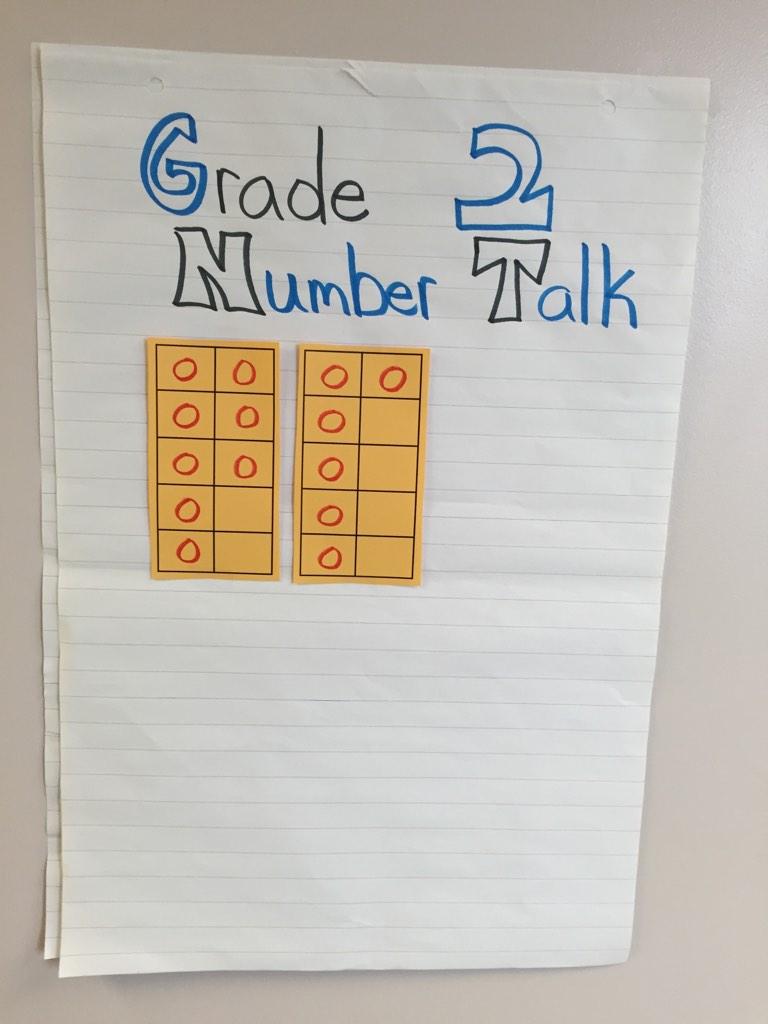How many times have you heard this?
It is not the answer that is important but how you got there.
Over the past week I have been in quite a few classes working with students on their mathematical thinking. Specifically, 'Number Talks' and how they mentally process numbers and the different ways to do it.
What an experience it has been. The whole idea is to let the students do the talking and learn from the ideas of each other. I have found this incredibly difficult. How many times have you had to stop yourself from interrupting or interjecting during a classroom discussion? I know that this is something that I have had to work so that students can learn from their own thinking and the thinking of others.
There has been a huge amount of learning at our school this week! The learning has not been done all by the students but the process we as a staff are moving through to examine and discover student thinking. After each classroom session there has been just as much professional dialogue going on as there was dialogue with the students around the Number Talk. Ideas of where to go next, insight on where certain students are in their learning and discussion on how to extend the mathematical thinking of these students.
This approach to teaching and talking about math in the classroom is relatively new to me. After working with just a few groups of students I can really see how this can benefit each and everyone of the students at our school. I am hoping that others feel the same way and continue with these talks with their students a few times a week and we can deepen the students mathematical thinking.
That is the best part.

